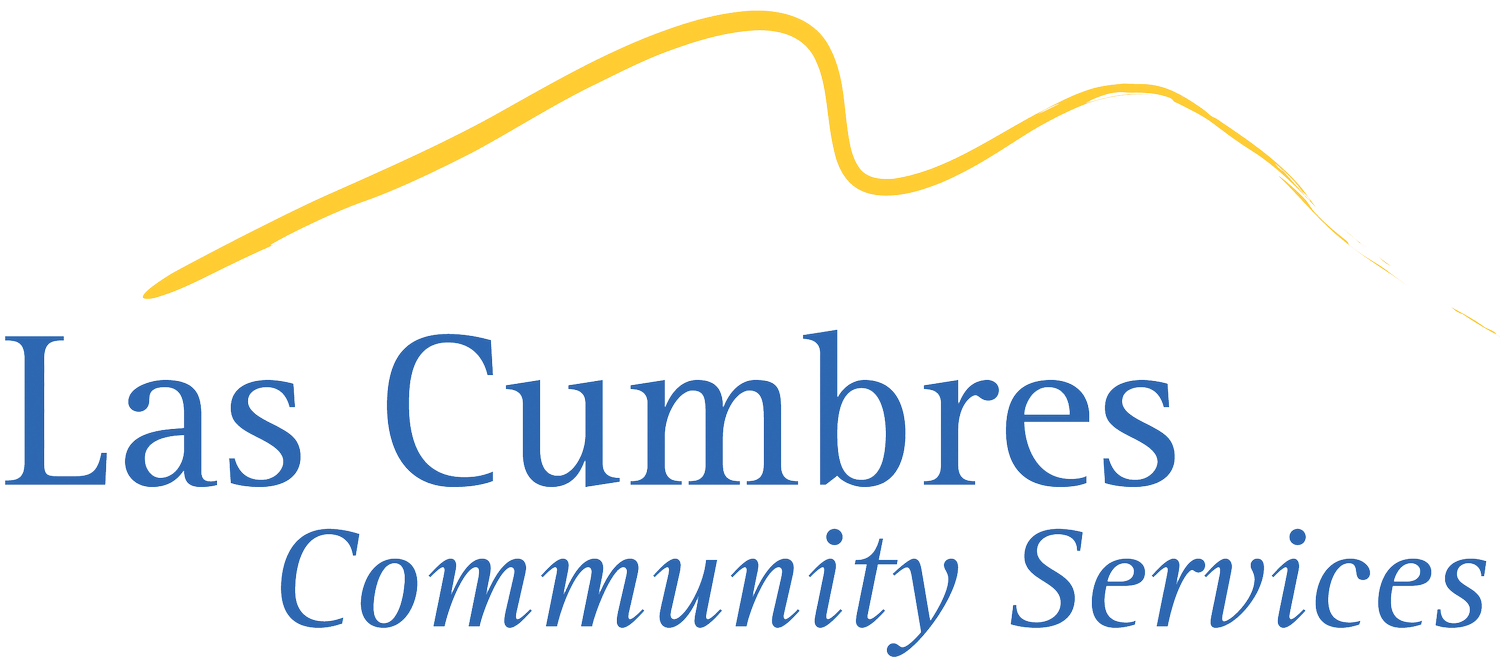Carla Corriz - Santuario del Corzón Family Navigator
Carla acknowledges that the transportation service she provides to her clients is just the tip of the iceberg of a broader range of unmet needs in Rio Arriba County. This county represents one of the largest counties in New Mexico and one of the most underserved in terms of public services. During her three years of work as a Family Navigator, Carla has shared with us some of her insights from serving the families who are clients of the Santuario del Corazón Program in this historically underserved county and talks about her strategies for her outreach work navigating this reality.
“Some of my clients can only manage to afford rent in the ‘worst’ part of town,” with this statement, Carla emphasizes that access to affordable housing in many cases automatically restricts her clients from accessing other equally necessary services. In addition to geographical restrictions, immigration-related limitations also diminish the opportunities for Sanctuario families to access services, in many cases labeling them as “ineligible” or limiting their coverage, as Carla mentions in her testimony working with pregnant clients: “Some of my clients have no or limited access to health care. All it covers is the monthly doctor visits. That is it! It does not cover labor and delivery services!
Under these circumstances, Carla’s outreach work promotes a strategic model for navigating the boundaries of Rio Arriba. In addition to promoting the program as a local social service resource, her other outreach objective is to create community partnerships: “I work with public churches, schools, thrift stores, police stations, restaurants. I connect our clients with agencies that help with utility assistance, rent, food assistance, diapers.” Establishing a long-term relationship with agencies and small businesses within the same region and understanding the program’s mission inspires Carla’s work. “Although I feel these services could be brought close to where it is not difficult for clients to access.
“The more clients that are referred to the Santuario Program, the more navigation services we will be able to provide and access to other agencies to provide ongoing services.
“Last year, I was able to get gift cards for Thanksgiving meals from a local church. This is the same church that last August when school started; they also donated backpacks, so this is a good community collaboration that I have a good connection with.” This community collaboration represents for Carla an effective way to nurture local ties and combat the mentality that reinforces social restrictions. In her view: “People are still very closed-minded when it comes to accepting undocumented people; they assume that they come just to be a public inconvenience. I think a lot of that mentality comes from way back, and that leads me to wonder if that kind of mentality holds the availability of resources and the ability of our population to be part of the city.”
Carla sees in her day-to-day work an opportunity “to open several doors to positive diverse attitudes” that could create new mindsets by navigating diversity in Rio Arriba County. “I would love to work here long enough to see that we make it as a program,” Carla stated.
Student in Rio Arriba County receives their new backpack.
Students in Santa Fe County are excited to go back to school.



